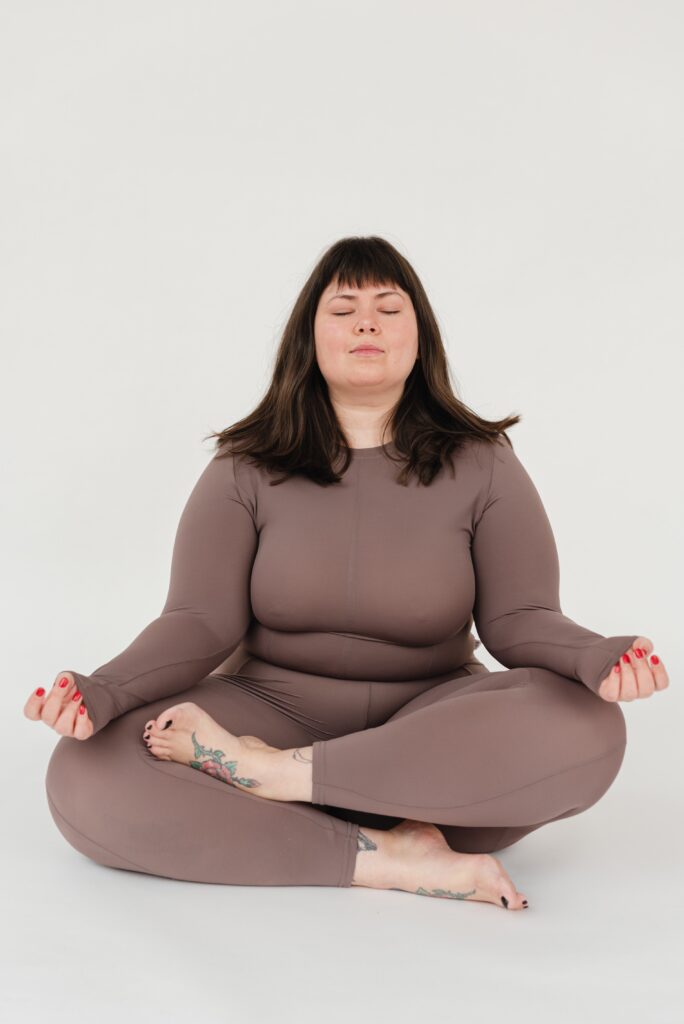5 Self Care Tips During Difficult Times

Most of us have heard the term self-care-whether it was someone telling us or us telling someone to practice it. While it may come with good intentions, telling someone that they need to practice self-love is the kindest way to tell someone that they do not have their stuff together, even if it is true. But, telling someone to practice self-care is not going to solve their problems.
The concept of self-care has become so convoluted that we have forgotten what self-care is–literally to take care of your inner self. If you notice someone who needs self-care, encourage that person. Build them up and highlight their positives because they probably have been staring at their flaws for a long time. But, do not take this as an opportunity to make yourself responsible for their happiness. You can only be responsible for your own.
Below are five self-care tips to help you during difficult times.
- Check-in with yourself
How are you? Really? Responding with “I’m fine” is not a valid answer. “I’m fine” usually serves to cover up what you are actually feeling. It is easy to write off your emotions and ignore them for the sake of not feeling them. But, ignoring them can make them worse, so check in with yourself, even if you are not fine.
Checking in with yourself can help you assess what it is that you need at that moment.
- Cultivate positive self-talk
While you begin to discover your inner self, you may also start to notice how you speak to yourself. You may find moments where you are quick to overlook how you talk to yourself. However, your inner dialogue is powerful because it affects how you act.
Some techniques that can help you tune into your inner dialogue are journaling or meditating. Before you roll your eyes at these overstated methods, try them out.
Journaling and meditation do not necessarily mean you have to now become a yogi. Although they are traditionally part of yoga, you can adopt them in whatever way they fit your lifestyle best. Just focus on your breathing. Allow your thoughts to wander, but remember to bring them back if they go too far. The point of meditation is to get some quiet time to allow your mind to stretch out its feet and reflect.
Journaling helps because it verbalizes what you are feeling–it gives you language. If journaling or meditation don’t work for you, that’s fine. Find a way to listen to your inner voice.
- Take care of your physical health.
This point has been stated ad nauseam and beaten to death in almost every self-care article on the internet, but I will repeat it again. Please take care of your health. I know that we are humans, and thus fragile beings prone to get sick or hurt, but take care of as much of what you can control. If you can, try to eat healthier, make sure you leave your house for at least 30 minutes a day ( moderate sun exposure is good for you), drink water, and try to get enough rest. I know that there might be days where you are too busy or too tired to take care of yourself. I get it. Just do one thing at a time.
In taking care of your physical health, you are also taking care of your emotional health.
- Find a purpose
At some point, you may have wondered what is your purpose in life. Whether it was sarcastically or earnestly, I am sure almost all 7.9 billion people on this planet have, at some point. Some have been fortunate enough to figure out their purpose early in life. Others have found their purpose in a higher being or virtue. But, most of us still flounder around–wondering what our purpose is. While taking time to find one’s purpose may sound unimportant, working and acting with a higher purpose in mind can help you focus on the positives. It also can urge you to accomplish your goals.
Whether your purpose is to help the world, bring happiness, or be of service to others, having a purpose or an intention can make your goals more achievable.
- Let go of toxicity
Practicing self-care can sometimes mean making difficult choices. One of those choices might be letting go of some people in your life, especially if they are toxic. To clarify, someone who you do not agree with on everything is not considered a toxic person. What defines a toxic person is a self-interest or self-preservation. They care more about themselves than others and look for opportunities to make you feel bad about yourself or enable harmful behaviors. They may be deliberately manipulative or deceitful to the point where it becomes abusive.
While toxic people have their fair share of stresses and traumas, that does not allow them to take it out on others.
A way to handle toxic people is to confront them. Call out their behavior and how it makes you feel. If it is someone close to you, try to limit the time you spend around them. As a last resort, let them go.
Taking care of yourself is easier said than done. There may be many obstacles to overcome along the way. But, with support from trusted friends and a therapist, self-care might be a bit easier.
Take care!
Sources:
Battles, M. (2021, January 12). 15 ways to practice Positive Self-Talk for success. Lifehack. https://www.lifehack.org/504756/self-talk-determines-your-success-15-tips.
Davis, T. (2018, December 28). Self-Care: 12 ways to take better care of yourself. Psychology Today. https://www.psychologytoday.com/us/blog/click-here-happiness/201812/self-care-12-ways-take-better-care-yourself.
Griggs, U. (2020, December 18). 13 essential Self-care tips for busy people. Lifehack. https://www.lifehack.org/845052/self-care-tips.
Shannon-Karasik, C. (2019, March 9). 25 little ways you can Practice Self-Care every day. Women’s Health. https://www.womenshealthmag.com/health/a24886599/self-care-routine-tips/.
Worrall, D. (2021, January 12). Self-care tips during difficult times (A Therapist’s Advice). Lifehack. https://www.lifehack.org/873303/simple-self-care-tips.



Responses